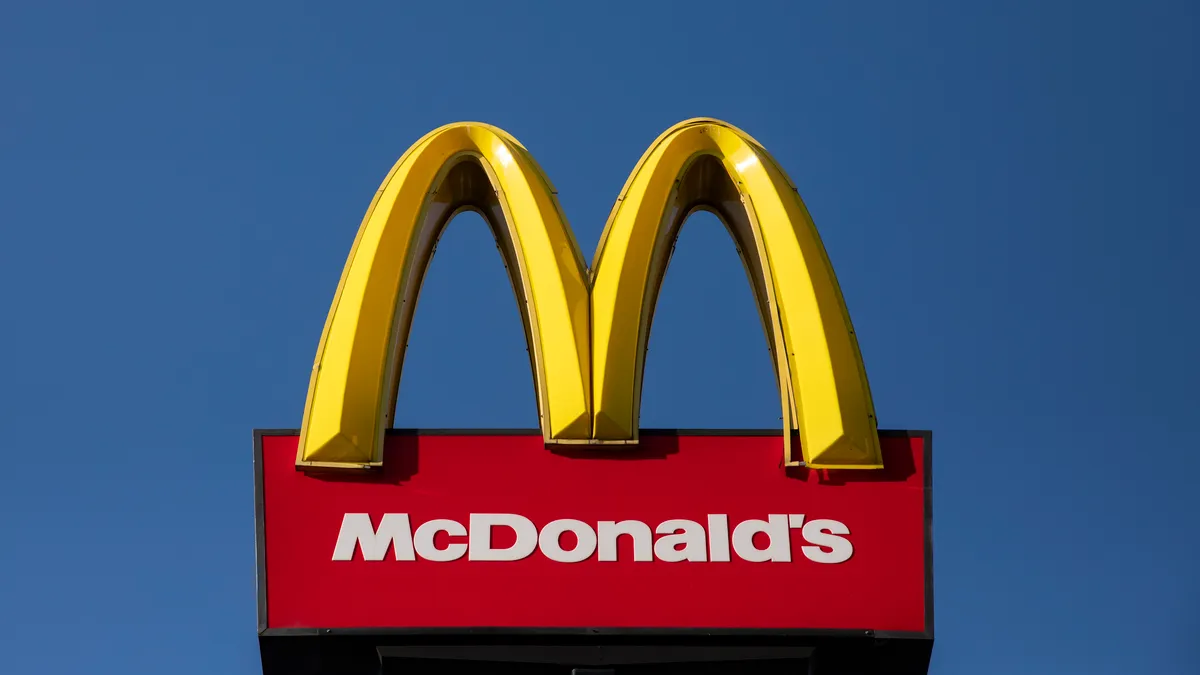Dive Brief:
- McDonald's must face claims of sexual harassment and assault brought by a worker from a St. Louis franchise, a judge ruled last week (Johnson v. McDonald Corp, et al. No. 4:20-CV-1867 (E.D. Mo. June 3, 2021)).
- The restaurant argued that the plaintiff failed to include sufficient facts to establish that it jointly employed her. The judge disagreed and denied McDonald's motion to dismiss.
- The plaintiff specifically alleged, for instance, that McDonald's "conducted frequent inspections of the franchise and specified particular employees that were not performing their jobs in accordance with McDonald's standards," the judge said. McDonald's also trained the plaintiff's general manager and provided guidance about employee training, the plaintiff alleged. "Although these allegations are relatively general," the judge wrote, "they are specific enough to put the Defendants on notice of the claim against them."
Dive Insight:
The worker's allegations and the judge's decision combine two topics that have plagued McDonald's in recent years: sexual harassment and employer status.
McDonald's has received a steady stream of sexual misconduct claims since at least 2015, according to reporting by The Nation. In January, it was hit with three lawsuits that featured allegations of sexual assault and quid-pro-quo harassment. Those claims came on the heels of a $500 million class-action lawsuit that alleged "severe or pervasive sexual harassment" of female employees.
The fast food chain has been embroiled in sex scandals outside of court as well. In November 2019, the restaurant fired former CEO Steve Easterbrook after he violated company policy by engaging in a consensual relationship with an employee. Details surfacing since his termination suggest that Easterbrook may have covered up misconduct from other employees.
McDonald's attempted to skirt the allegations raised by the St. Louis-based worker, claiming she fell short of establishing it as a joint employer alongside the franchisee. The restaurant has done this before. In 2019, the 9th U.S. Circuit Court of Appeals ruled that McDonald's was not a joint employer of the franchise workers and could not be held liable for a franchisee's wage and hour violations.
This case harkened back to charges brought by franchise employees who sued McDonald's in 2012 as a joint employer, claiming they were fired because they advocated for a $15 minimum wage. The National Labor Relations Board and the restaurant later settled the claims.













